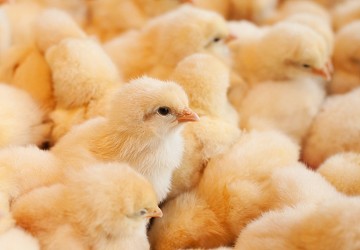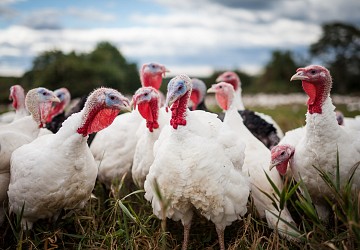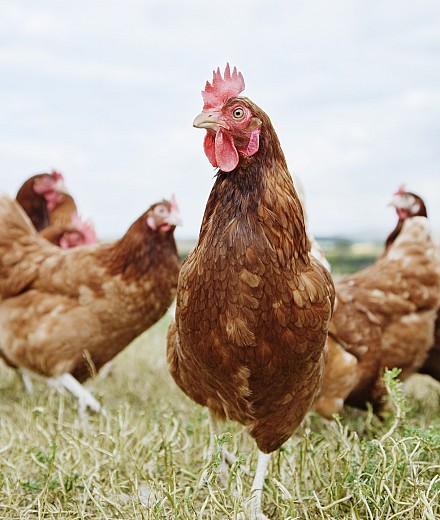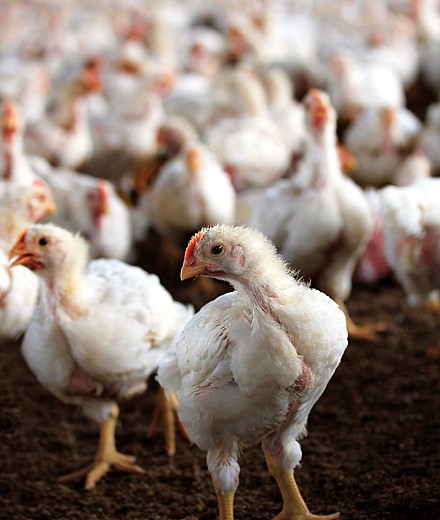Poultry
Tecnovit
At Tecnovit we create nutritional solutions that are adapted to the specific needs of each poultry species and reduce the use of antibiotics, as well as other traditional medicines and chemical treatments. Our aim is to help the sector produce meat and eggs that meet the demands of a growing population, while promoting sustainable production systems. We offer our customers a tailor-made formulation service and personalised technical advice to optimise zoo-technical parameters, improve production efficiency and maximise profitability. In addition, through our on-farm audit service, we contribute to the implementation of biosafety, management and animal welfare improvement plans.
We understand poultry nutrition from a holistic point of view, which allows us to respond to the main health challenges of laying hens, broilers and turkeys. Thanks to the synergistic action of the active substances in our products we work on:
- Protecting intestinal health and maintaining the balance of microbiota to prevent the development of enteric disorders (dysbiosis and clostridial infections), which in turn lead to problems in husbandry (wet litter and high ammonia levels) and skin disorders (foot pad dermatitis and skin burns).
- Safeguarding liver health to reduce the incidence of metabolic problems by improving fat absorption and mobilisation, as well as promoting the elimination of toxins.
- Improving shell quality and ensuring proper ossification to avoid locomotor problems associated with nutritional and metabolic deficits that can lead to failure of ossification, rickets, dyschondroplasia, spontaneous fractures, as well as alterations in shell quality and a reduction in the number of marketable eggs.
- Reducing the incidence of coccidiosis, through a nutritional approach as an alternative to traditional methods (chemotherapy and vaccination), which are associated with the development of antimicrobial resistance, reduced production performance, difficult management, no cross-protection and, in the case of coccidiostats, no preventive effect.
- Avoiding heat stress and respiratory problems, associated with environmental conditions and the birds' own physiology, whose metabolism compromises their lung capacity, predisposing them to respiratory infections.

